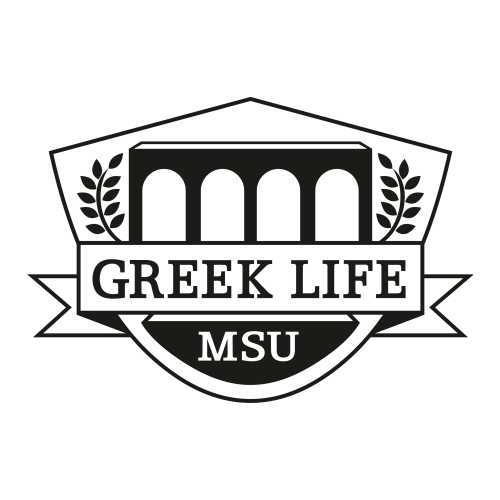


Months of protests against police brutality and racism have pushed the concept of abolition - of radically transforming the current criminal justice system - toward the mainstream more Americans have begun to question the excesses of municipal police budgets and, specifically, policing tactics. “So if people like me, people who want reform and change, were to drop their fraternities and sororities, that would lead the space to become even less inclusive than it already is.”įor now, Taylor is still a member of their chapter, although they quietly started on Instagram to feature student voices critical of the Greek system. “Abolition isn’t possible, at least in the near future, because of the way it’s so ingrained within our school culture and student organizations,” Taylor told me, estimating that about a quarter of enrolled undergraduates participate in Greek life. Taylor was soon confronted by the reality of what would be feasible at Mississippi State, a Southern college with a hugely influential Greek presence.
GREEK LIFE AT UNIVERSITY OF RICHMOND FULL
The 19-year-old, whose full name and gender are omitted for privacy reasons, felt compelled by calls to abolish the institution, which were being posed nationwide at campuses like American, Duke, Northeastern, Tufts, Vanderbilt, and Washington University, on social media and in campus opinion pieces. Taylor, a sophomore at Mississippi State, began the school year determined to drop out of Greek life - more specifically, the historically all-white, male-dominated system of social fraternities and sororities. For some college students, the national unrest has led to scrutiny of a more insular institution, yet one that’s rooted in America’s higher education tradition: Greek life. The summer of 2020 will go down in history as a period of institutional reckoning as Americans of all ages confront the inequalities inherent within their police departments, schools, and workplaces.


 0 kommentar(er)
0 kommentar(er)
